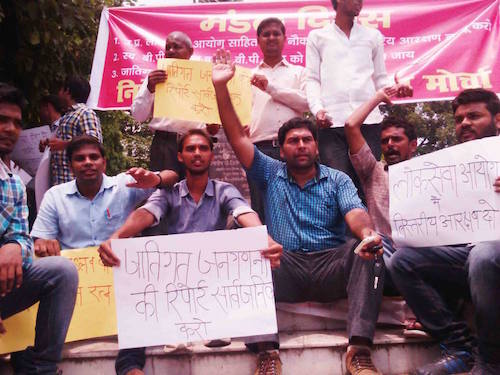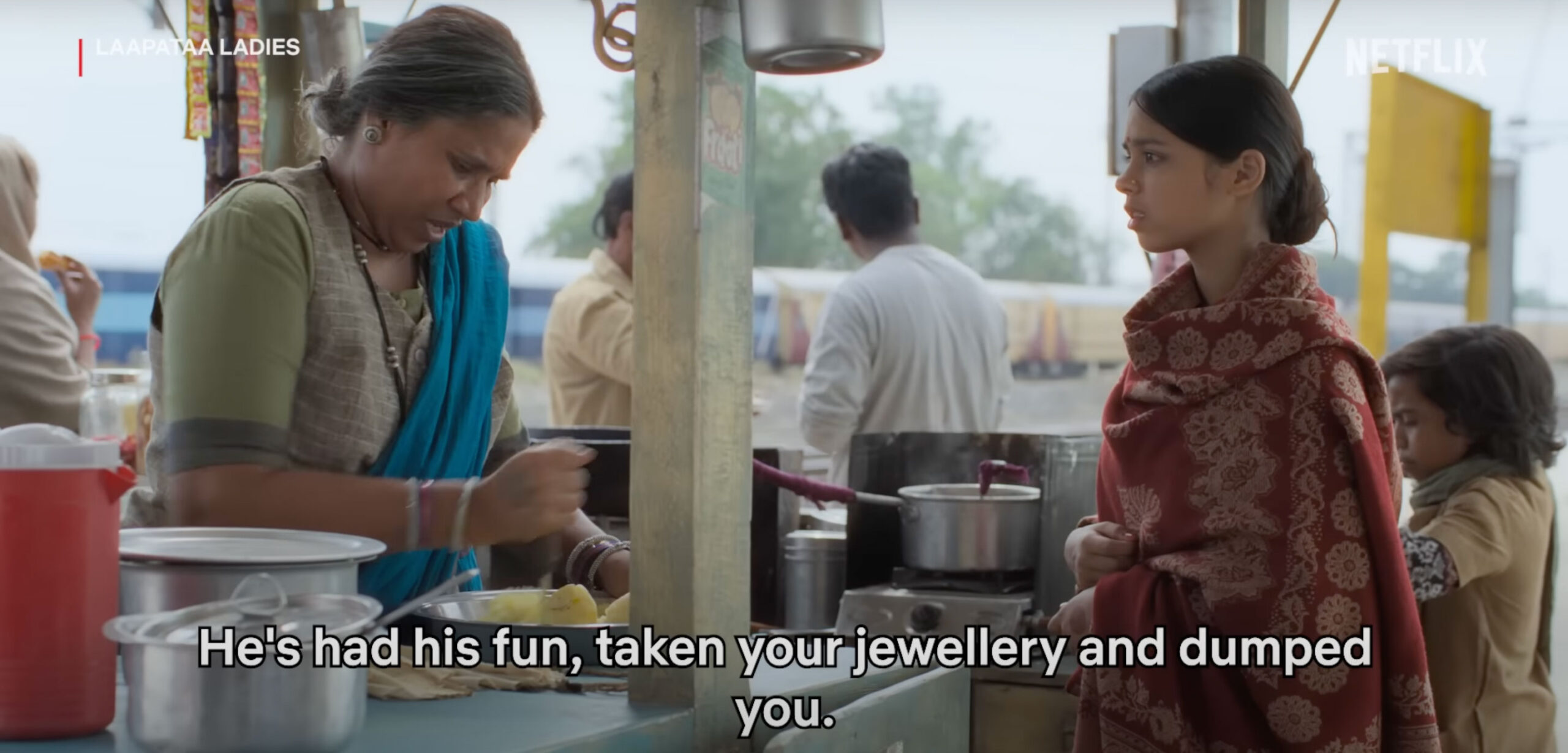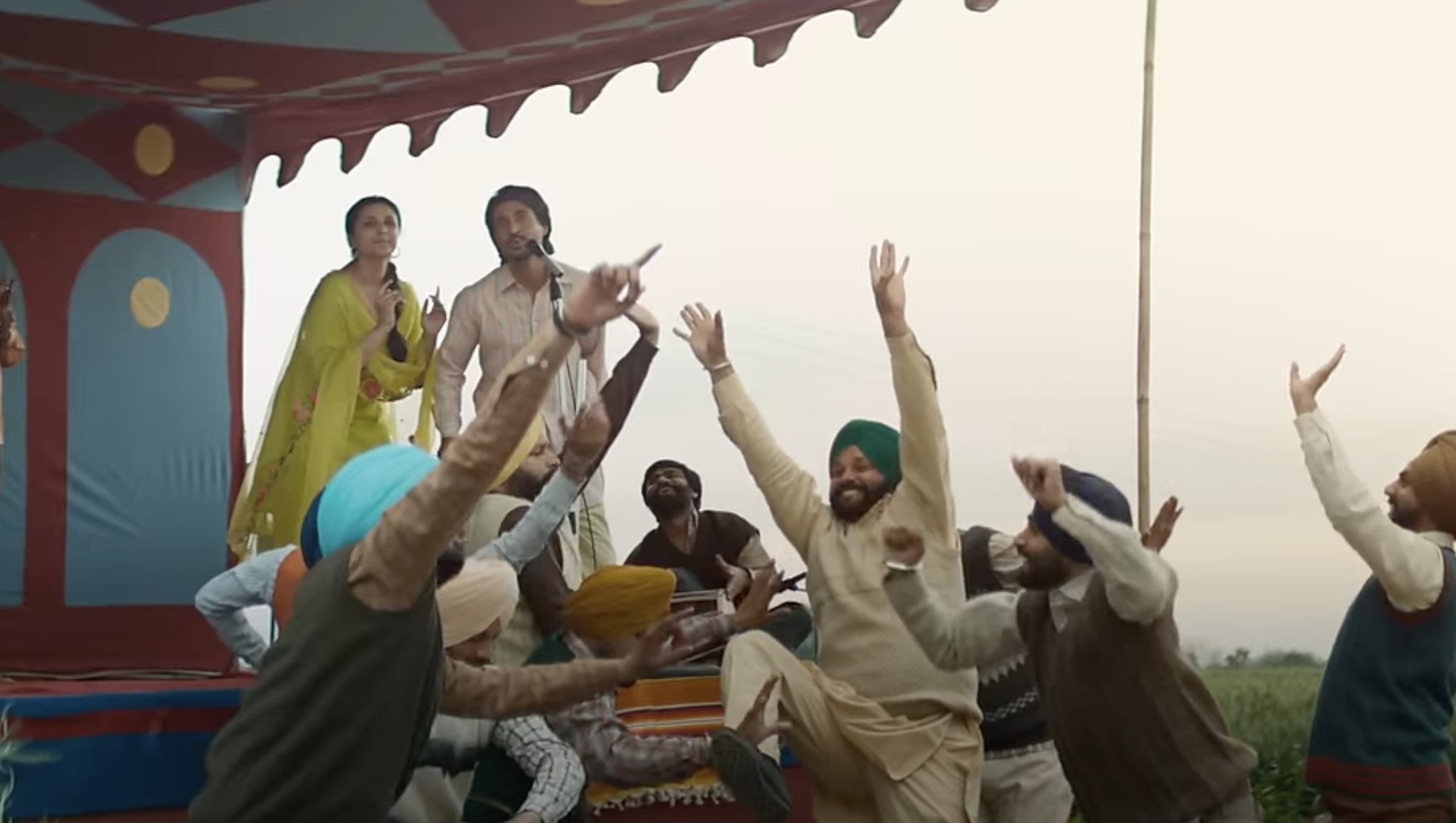When dealing with statistics on India’s complex society, there are those who like to cite a story. It was told by Harold Cox, an idealistic young man who came to teach mathematics at what is now Aligarh Muslim University in 1885-87. Cox quoted some statistics to a judge, a fellow Englishman. The judge said, “Cox, when you are a bit older, you will not quote Indian statistics with that assurance. The Government are very keen on amassing statistics … But what you must never forget is that every one of these figures comes in the first place from the chowkidar [village watchman], who just puts down what he damn pleases.”
Assuming much has changed since the British government of India started the decennial census in 1871, today the census of India is taken as gospel truth. That faith in what others may dismiss as “lies, damned lies and statistics” has fuelled the demand by the OBCs since Independence for a caste census. The last such full caste census was in 1931. Finally, in 2010, in the face of parliamentary “consensus” the UPA government acceded to a watered-down Socio-Economic and Caste Census (SECC). This was conducted by the NSSO in 2011.
 FORWARD Press led that campaign from the front with several articles arguing why such a caste census or survey was needed and overdue. So, now that on 3 July the current NDA government has begun a statistical striptease of the survey results, FP returns to the subject. From just a Cover Story by Abhay Kumar, this issue has developed into a special focus on this now controversial topic. The Cover Story provides an excellent backgrounder on the history of caste censuses, with arguments for and against summarized.
FORWARD Press led that campaign from the front with several articles arguing why such a caste census or survey was needed and overdue. So, now that on 3 July the current NDA government has begun a statistical striptease of the survey results, FP returns to the subject. From just a Cover Story by Abhay Kumar, this issue has developed into a special focus on this now controversial topic. The Cover Story provides an excellent backgrounder on the history of caste censuses, with arguments for and against summarized.
Nawal Kishore Kumar’s interview with Lalu Prasad Yadav brings out his views on the caste census at his outspoken best. While politicians can always be expected to use statistics like a drunk uses a lamp post – more to lean on than for illumination – Abhay Kumar’s interview with Prof Amitabh Kundu sheds light on some of the subtler issues involved. Despite his concerns, he concludes that “It appears to be at least the beginning of a process that will hopefully give us reliable socio-economic estimates by caste and religious group, if not now, in a few years.”
Nagesh Chaudhari draws some lessons from the Mandal movements and applies them to today’s struggle around the SECC 2011 results. By a process of elimination he concludes, “it appears that the burden of getting the government to declare the caste census data will be on the OBC parties and OBC organizations.”
Former MP Haribhau Rathod and national leader of the Denotified Tribes (DNT) challenges FP’s July 2015 Cover Story by Ashok Yadav. As he had argued in November 2011 FP, he again makes the case that the DNTs need the bifurcation of the OBC quota.
In an interview, writer and thinker Prem Kumar Mani is of course supportive of releasing the full results of the 2011 SECC. Mani shares some trenchant insights into both Nitish and Lalu, both of whom he has worked with. I fully endorse his sharp criticism of the current leadership of the Backwards and even more his solution: “The [OBC] class identity should subsume the caste identity. For that, we will have to take the path shown by Phule and Ambedkar. Focus should also be on forging a common front of the Dalits and the OBCs.”
Published in the September 2015 issue of the FORWARD Press magazine





